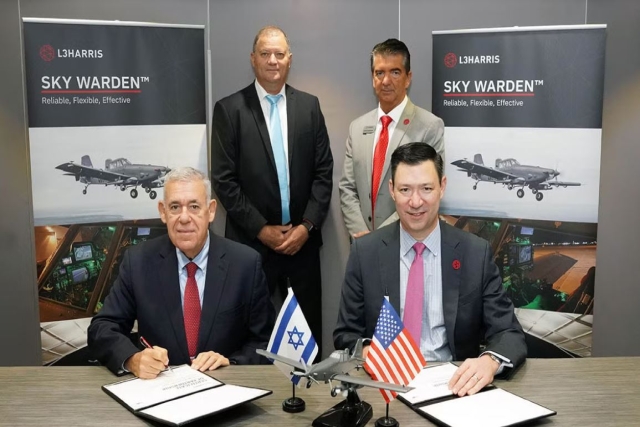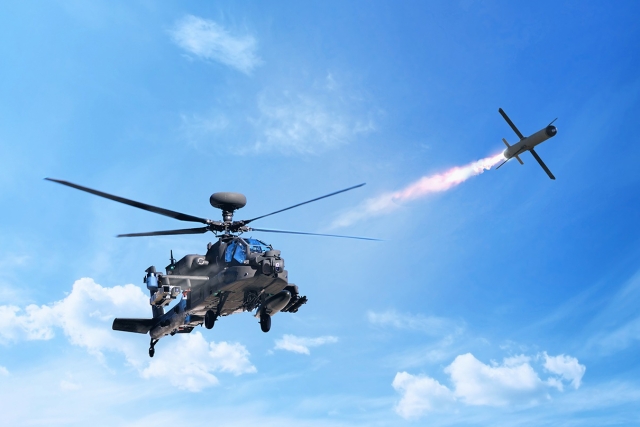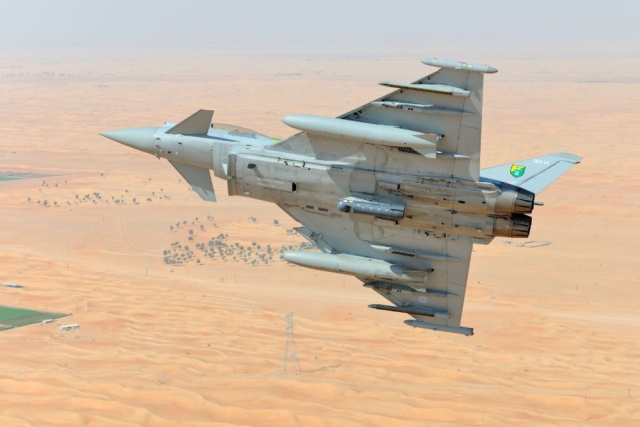Spanish Indra to Lead Key European Defense Projects

Spanish Indra will lead the European Strategic Command and Control (ESC2), Responsive Electronic Attack for Cooperative Task (REACT) and the European Cyber Situational Awareness Platform (ECYSAP) which aim to break European nations’ dependence upon the US in critical defense systems.
The European Strategic Command and Control (ESC2) System will give the EU essential command and control capabilities so that all European countries can act in unison and coordinate with their allies in international missions for peacekeeping. It will be a fully interoperable system with the command and control structures and systems of the EU, the member countries, NATO and civil agencies.
The second Responsive Electronic Attack for Cooperative Task (REACT) Program will enable the air forces of the Member States to conduct operations in which the enemy prevents or denies access to an airspace (A2/AD, anti-access/area denial). These electronic defense systems will be implemented with different configurations, from pods that can be adapted to currently-operating aircraft to specific configurations integrated in future combat aircraft developments, such as the FCAS or in unmanned systems (RPAS).
According to Indra, the last project involves development of European Cyber Situational Awareness Platform (ECYSAP). It will offer integrated and real-time imaging of cyber threats to which a defense system may be subjected. It will enable immediate reaction capabilities, as well as smart support tools for decision-making.
In late May, Indra announced it will lead the European CROWN R&D project that will equip European fighter jets and aircraft with capabilities which combine radar, communications and electronic defense to dominate radioelectric space and operate at an advantage over the enemy.
The Spanish company will participate in two other programs:
• The anti-collision European system for unmanned aircraft (EUDAAS), which will increase flight safety and will enable the integration of RPAS into the airspace. This is a key capability to enable the operation of large military RPAS without interfering with civil air traffic, and particularly with EuroMALE, currently in development.
• Positioning, Navigation and Timing (PNT) based on Galileo (GEODE) will develop an array of antennas, military receivers and security modules for satellite navigation using the Galileo constellation signals. The devices will be deployed in RPAS, land and naval platforms and time synchronization systems of different nations; furthermore, they will have a common underlying structure that will ensure secure operation of the system.









